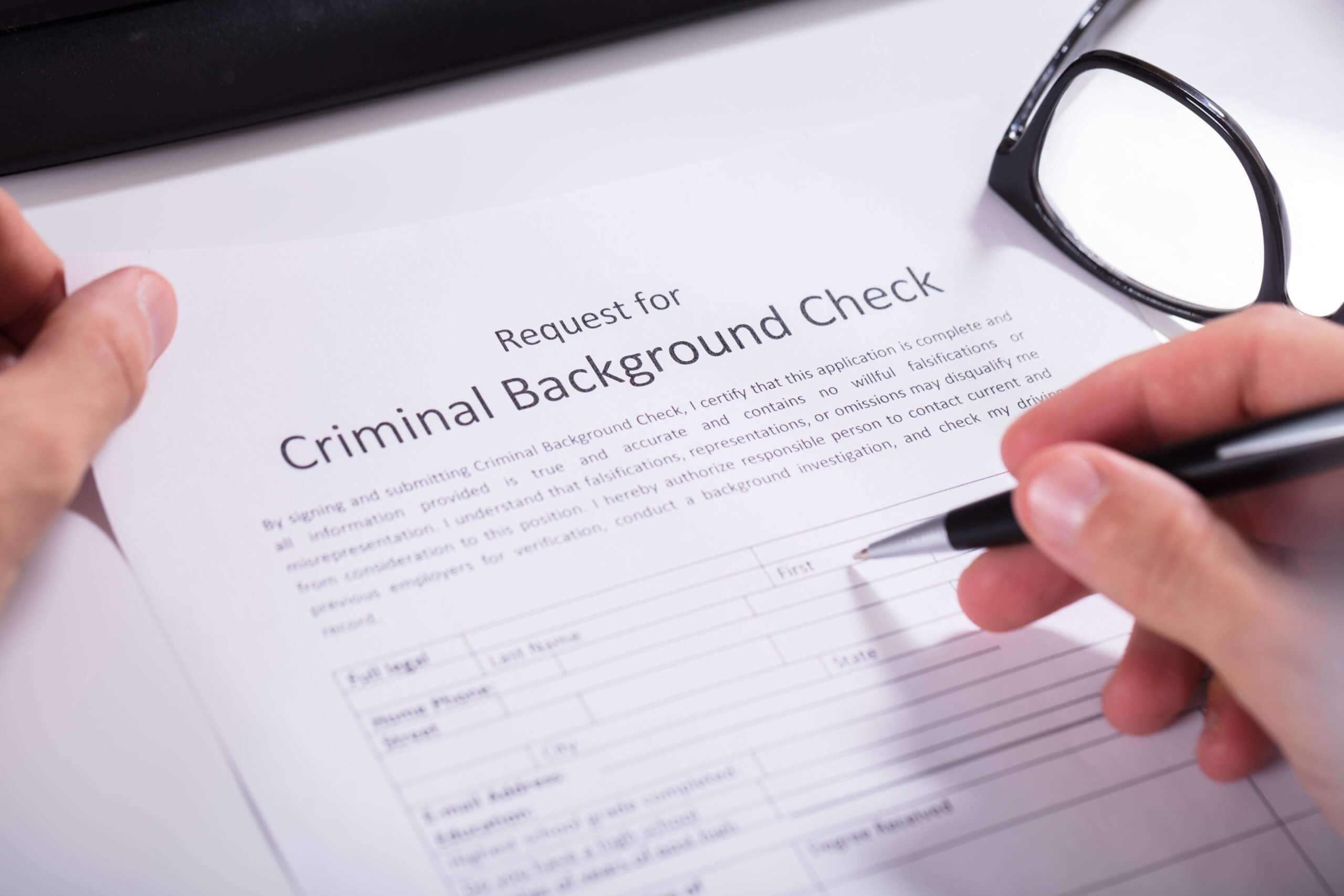Quick Hits
- Employers will have greater notice obligations during the background check process, including providing an individual with a copy of the individual’s criminal history and notice of the right to correct errors in the criminal history information, as part of the existing Article 23-A letter.
- Employers will have a more robust defense to negligent hiring, retention, and supervision claims based on criminal history.
- The new law takes effect on November 16, 2024.
Question 1. Does the law change the process for employers completing background checks?
Answer 1. Yes. Under the Clean Slate Act, employers that obtain criminal history from a background check will be required to send a copy of the report to the individual and notify the individual of his or her right to correct any incorrect information. These must be provided with a copy of Article 23-A of the New York Correction Law,which employers are currently required to send. Importantly, this requirement applies regardless of whether the employer is considering taking adverse action against an individual based on the criminal history.
Q2. Will all criminal convictions be sealed after a waiting period?
A2. No. The new law does not allow sealing convictions for sex offenses, sexually violent offenses, or those where a life sentence could have been imposed, including murder. In addition, if the person has additional criminal charges during the waiting period (three years following release from incarceration for misdemeanors or imposition of sentence if no incarceration, eight years for felonies) or is still on probation or parole, the records of the prior convictions will not be sealed until the new charges are dismissed or the appropriate waiting period related to the intervening convictions has been completed.
Q3. How can our company keep our clients in vulnerable populations—children, the elderly, and healthcare patients—safe if conviction records are unavailable on a background check?
A3. Employers—including those in the health-, child-, and eldercare industries—that are required by other laws to conduct fingerprint-based criminal history checks will continue to have access to records otherwise sealed under the new law.
Q4. If our company hires an applicant who passes a background check and it later turns out the applicant had a sealed record related to subsequent bad behavior at work, can we be sued for negligence?
A4. The new law protects employers in this scenario by prohibiting litigants from using a sealed conviction as evidence of negligence against an employer when the employer ran a background check and the sealed conviction was not provided in the report.
Q5. Can we be sued if we run a background check and records that are supposed to be sealed show up in the report?
A5. The New York Clean Slate Act does not create a claim in this scenario. However, the new law does state that employers that obtain otherwise sealed records because they are exempted from the law (e.g., employers referred to in Question 3) can now be liable for negligence if they disclose the sealed records without the individual’s consent, and the disclosure is a substantial factor in damages caused by the disclosure.
Further information is available on the Ogletree Deakins Client Portal in the Use & Evaluation – Arrests, Use & Evaluation – Convictions, and Miscellaneous Background Checks law summaries. (Full law summaries are available for Premium-level subscribers; Snapshots and Updates are available for all registered client-users.) For more information on the Client Portal or a Client Portal subscription, reach out to clientportal@ogletree.com.
Follow and Subscribe






